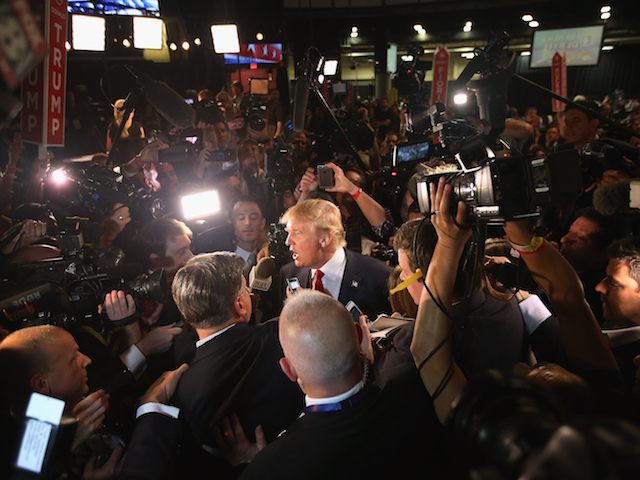Later this week, Republican presidential candidates will gather in Simi Valley, at the Ronald Reagan Presidential Library, for the second GOP debate of the campaign season.
Despite the fact that voters consistently rank economic growth among their top issues in surveys, we have yet to hear any truly innovative thinking on what we can or should do as a country to jumpstart job creation.
For most of its history, the United States has been a bastion of creativity and innovation. In just the last 50 years alone, America has been responsible for more technological advancement that occurred during the balance of recorded human history.
But today, our economy and the regulatory scheme that creates the system in which it operates have become sclerotic and sluggish. The reasons?
- Well-funded special interests creating barriers to competition
- Resting on the laurels of the last 50 or 60 years of explosive growth
- The enormous sunk costs of old-line technologies that are out of date
Here in California, the country’s epicenter of innovation, we’ve seen the tech sector creating life-changing products that are upsetting the long-standing regulatory applecart—and this is a good thing!
Yet despite a wave of new ideas, entrepreneurs are consistently frustrated by a mountain of regulatory paperwork that was either created for an economy that didn’t envision what the Internet would allow, or has been specifically created to discourage new market entrants.
That is why today, Lincoln Labs, a freedom-oriented technology thought leadership group, is releasing a new study: Lobbying for the Future. The white paper explores the causes of America’s stagnant economic growth and a few simple, but game-changing solutions to unleash our country’s traditional entrepreneurial spirit and create the 4% annual rate of economic growth about which presidential candidates speak.
In the report, Lincoln Labs outlines three ways to begin:
1. Open the $6.2 trillion government sector to greater competition. There is no larger organization in American life than local, state and federal government that spends so much, so badly on so regular a basis. Government entities should take advantage of technology in ways the private sector has for years. Governments need to make wholesale revisions to their operations. Utilizing modern, consulting-style management techniques, governments could quickly increase customer service and reduce costs. Lastly, government procurement operations, many still conducted in a manner that makes no sense, even to those bidding, should be completely revamped to allow for more competition, better service and reduced costs to taxpayers.
2. Reform the US patent and copyright system. We should “drain the swamp” of unnecessary, unqualified and low-quality patents that stifle innovation to the detriment of those with truly novel ideas and to the benefit of entrenched market-players. We should reform the copyright process, as well—reducing the terms of copyrights, revising statutory damages, and fixing the Digital Millennium Copyright Act.
3. Establish “Right to Work 2.0.” This change would systematically reduce and remove old and outdated laws that restrict competition and innovation. Restoring economic freedom and liberty would allow both creative destruction and open previously closed economic sectors to dynamic competition.
Since the market crash of 2008-2009, economic growth has been a paltry 2% per year; barely treading water for a $14 trillion economy. The United States has historically been the place where anyone with a good idea, and the willpower to work hard could create something new and different without the fear of a system gamed to ensure their failure.
But simply running to stand still is not good enough. Just under the surface of decades of regulatory underbrush and 20th century thinking is an innovation-driven army of entrepreneurs ready to take the chance on their ideas.
But we must recreate the system within which these creators operate. That means ensuring a level playing field, with opportunities to enter the market and without fear of unnecessary government intervention.
The world in which much of our regulatory system was created no longer exists—and hasn’t existed for years.
Today, what we need is a system in which someone with a good idea doesn’t need to ask permission to start their company or upset well-established interests.
Silicon Valley isn’t waiting for anyone to roll out the red carpet—they charge ahead everyday. Let’s empower the rest of America’s entrepreneurs do the same.

COMMENTS
Please let us know if you're having issues with commenting.